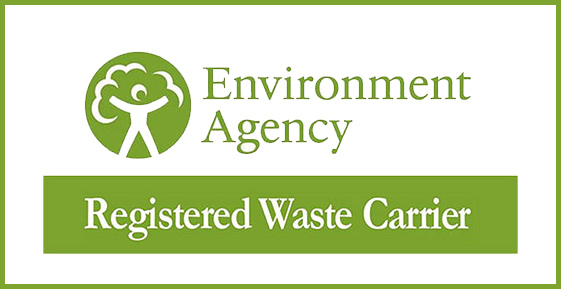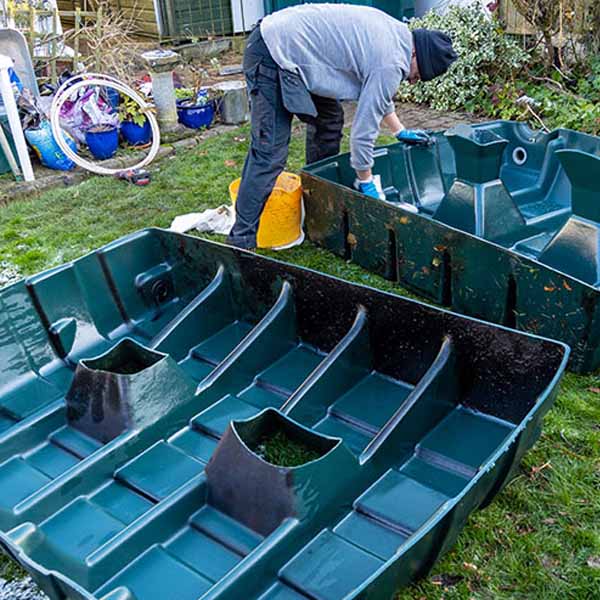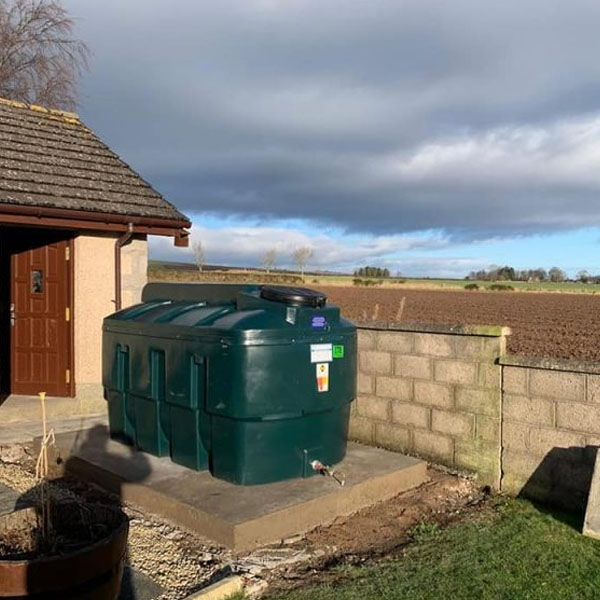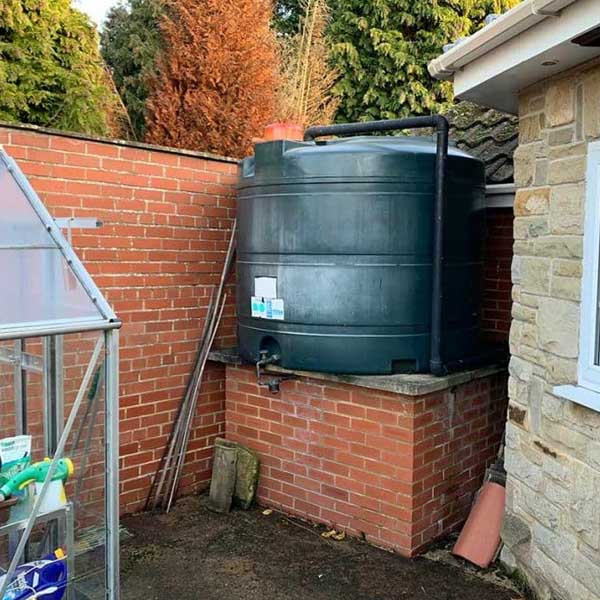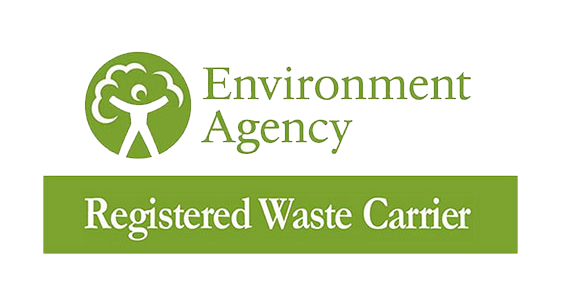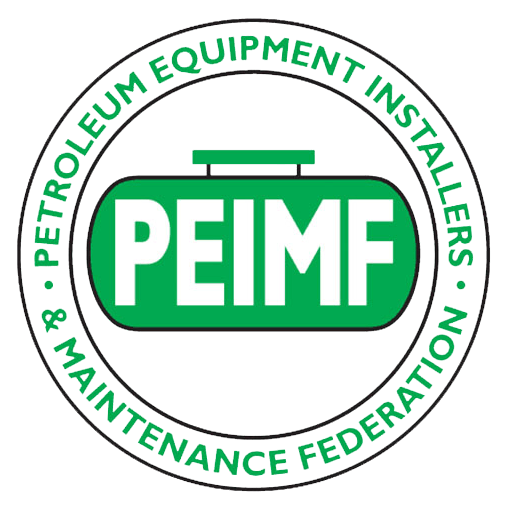Oil Tank Removal Procedure
The oil tank removal process must always be carried out by a specialist. Many companies in the UK provide services of oil tank recycling and removal. Do your research and pick a reliable company for the task.
In most cases, removing and decommissioning an oil tank is simple. The company you choose should have proper equipment and licensing; a qualified engineer should have suitable oil storage vessels, pumps, and a licence to dispose of tainted oil.
Metal or plastic oil tank disposal procedure involves the following steps:
Testing and Measuring of Oil
A test must be performed to determine how much oil is in the tank and the amount contaminated at the tank’s bottom. After that, the appropriate instruments are employed to extract the oil, isolating it from contaminants and water.
Pumping Out Oil
A professional pump is used to take the oil out of the old tank into a holding tank and another tank contains the pollutants. The uncontaminated oil pumped out can still be utilised and added to your new oil tank.
Disposal of Waste Oil
The waste oil is collected and placed into a waste oil container and then disposed of at a licenced site. This prevents tainted oil from polluting the environment by being disposed of lawfully.
Cleaning the Old Tank
Once all the contaminated oil has been disposed of at the site, the oil tank is then cleaned out properly.
Removing the Tank
The tank will then either be chopped off into smaller pieces or transported whole to the engineer’s vehicle after its cleaning.
Disposal and Recycling of the Tank
Lastly, you need to dispose of and recycle the oil tank in a sustainable way, ensuring that it doesn’t harm the environment.
Cost of Oil Tank Disposal
The cost of oil tank disposal depends on a number of factors:
- Tank Size: You’ll have to face additional costs if your oil tank has 1000-litre capacity or over.
- Tank Location: If you have an underground tank, it usually costs more to remove, as it includes excavation charges.
- Tank’s Content: The empty tank costs less than the full tank. And if the tank is full, the cost will depend on what it contains, whether diesel, oil or any other fluid.
- Tank’s Type: Metal tanks cost more to remove than plastic tanks.
- Your Location: Removing an oil tank at a remote site may be more expensive.
- Whether You are Changing Your Tank: Some oil tank installers will remove your old tank while installing your new one, which normally costs less in terms of labour.
Frequently Asked Questions (FAQs)
Can I Dispose of an Oil Tank Myself?
No, you can’t dispose of an oil tank yourself, as it has to be done according to the current Building Regulations. An oil tank disposal process is associated with many risks, such as fire and environmental pollution. Therefore, it must be carried out by an OFTEC-registered engineer.
What Should I Do with My Old Oil Tank?
You must dispose of your old oil tank correctly, no matter how perfectly it has been cleaned. There are specific hazardous waste disposal sites where you should dispose of your oil tank.
Do Oil Tanks Corrode from the Inside?
Corrosion can happen if the tank is empty and there is no oil present to lubricate the metal, or due to the moisture buildup and impurities within the tank.
How Often Should You Replace Your Oil Tank?
Oil tanks can last up to 20 years with regular maintenance. You should replace your oil tank as soon as you spot the signs of leakage or any other damage.
Takeaway
Disposal of an oil tank must be done with utmost care and responsibility, as the disposal process is associated with many dangers. We discussed above when and why you should replace your oil tank, the disposal process, and the cost. I hope this guide helped you gain sufficient knowledge regarding the safe disposal of oil tank.
